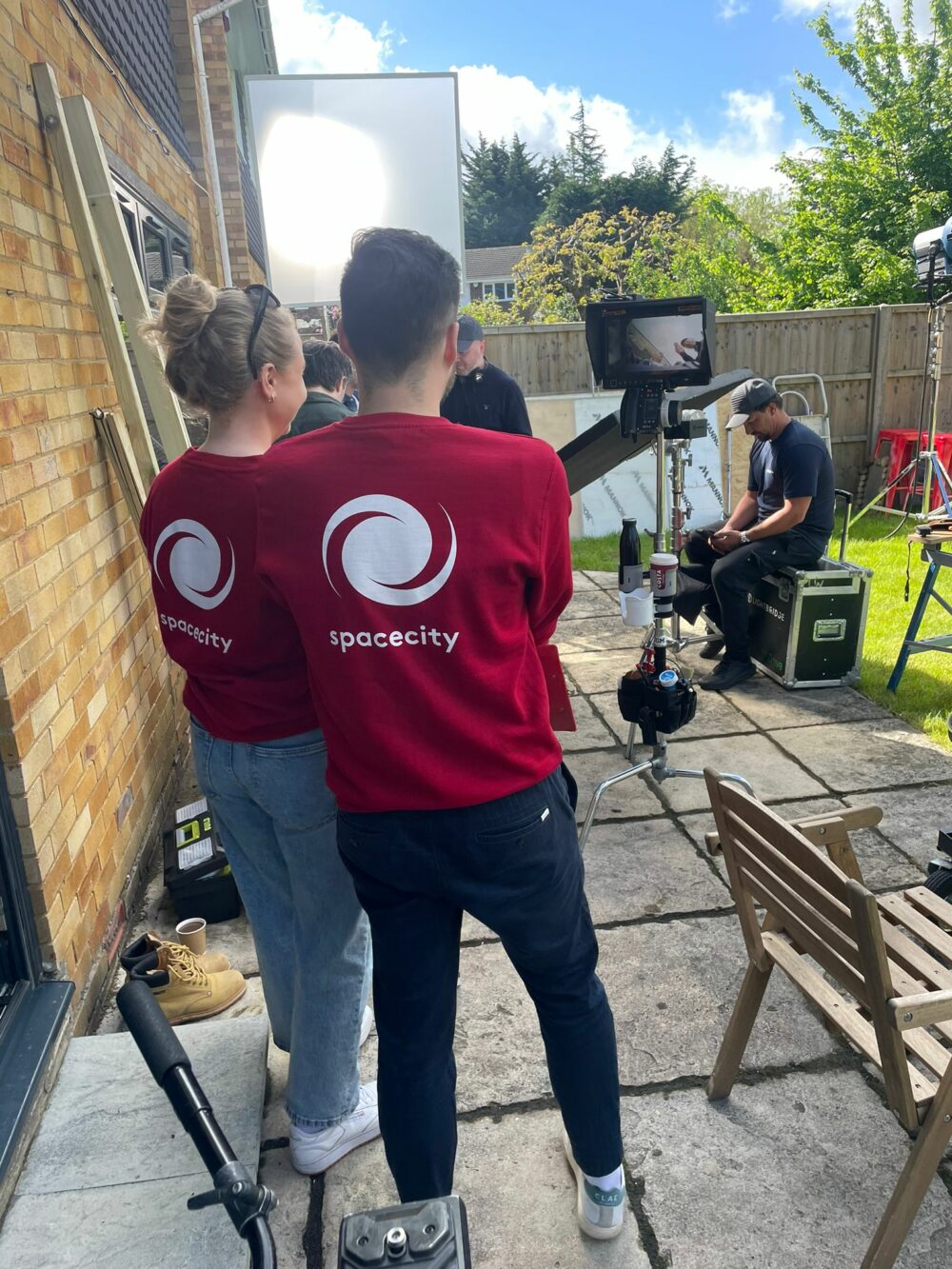GDPR implementation is looming, but how can you turn any inconvenience into an advertising ROI increasing masterstroke?
GDPR Is being implemented in May 2018, but the ruling should not mean compromised sales success; it can be the opposite with ironically simpler ads.
Amidst the clamour for more data and an increase in its quality, you would think advertising campaigns need to be naturally more segmented and prolific? Thankfully for your business; no.
Although collecting any new data streams consensually and with greater transparency for the consumer, your business is best equipped to do this by creating advertising campaigns that will provide the most broad and generic relevance possible.
Event specific or seasonal campaigns are popular and effective, but with the need for more immediate and quantity-rich responses and sales, a more simpler advertising tack will ensure your business can enter the new era of data usage in a buoyant state.
Regardless of your business output, encouraging the purchase of a low-cost product or service will ensure that your business increases short-term sales and interest.
The data accrued from this campaign – regardless of whether it is looking to sell something immediately or through sign-ups – can equip your business more effectively for the future times when you want to market more time limited promotions or products.
Through maintaining the same tack until the regulatory change, your ROI in the short-term and with subsequent campaigns will be reduced.
With both your online advertising campaigns and any data-driven TV or VOD campaigns, you will need to change how your business obtains data – taking valuable time and resources away from your advertising and wider marketing plans.

Although GDPR can be implemented through with improved ease if you were looking at using your current data pools for email marketing campaigns for instance, you would to ensure of actual consent, as appose to either the complicity or ignorance when it comes to how and when data is being used.
The explicit nature of the new regulation ensures that a new form of compliance can greet your potential consumers, once they either purchase a product or sign-up to something within your business.
This, therefore, should be the only change in how you accrue data. With more explicit information and requirements of the consumer, transparency can help foster improved trust throughout advertising – not just online.
TV may be the most trusted form of advertising, but as with any evolving industry, it can improve.
In order for it to improve, it needs to continue in its support of online. The increasing convergence of online and TV will assist this, as well as sales.
When you add TV to any advertising campaign, you enjoy 40% increases in effectiveness, while a TV campaign is 14% stronger when supported by online (according to Thinkbox research).
With data being harvested in a more ethical and transparent fashion post-GDPR, your business will be able to form more accurate consumer segments – based on the emotive rapport with your brand, not just sales or search-based relevance alone.
The reliability of data can be improved too. Having the knowledge of how and why someone interacted with an ad, piece of marketing or your website as a whole can mitigate any fears regarding fraud or fake impressions.
Knowing that actual consent is a prerequisite, your business can continue to converge TV and online campaigns – with immediate knowledge heightened through the direct response advertisements that can swell your data pools ahead of the GDPR rollout.
In terms of what your business needs to do in the short term and with the campaign, the imperative will be for a call-to-action and incentive to dominate the ad.
The advertising creative underscoring it will also need to be communication heavy, feature actual people and have a tangible benefit.

While the communicative elements in an audible sense are crucial, it is the delivery of them that will ensure of optimal responses.
Having a narrative that ultimately showcases what you want the consumer to do, yet interspersed with humour and branding cues, will support your responses post-ad.
Media buying in this case will be more crucial than ever, with the need to utilise times where consumers will be receptive to any prompt to engage – this may seem expensive in the first instance, but the ROI is proven to be lucrative in the short and long-term.
By utilising TV as appose to online in this instance, you can increase our chances of eliciting organic gains in consumption through word-of-mouth and social media.
People consuming an ad on TV are more likely to be with other people than they would be with an online advert.
Overall, by offering something consensually and through the communicative platform that is TV, your business can elicit the short-term responses necessary to underscore a post-GDPR future with increased trust and sales.
Space City has been producing TV, online and radio commercials for over 25 years, delivering more adverts to broadcasters than any other company since 2000.
Contact the award-winning team now and ensure your GDPR compliance is optimised through direct-response TV advertising.


